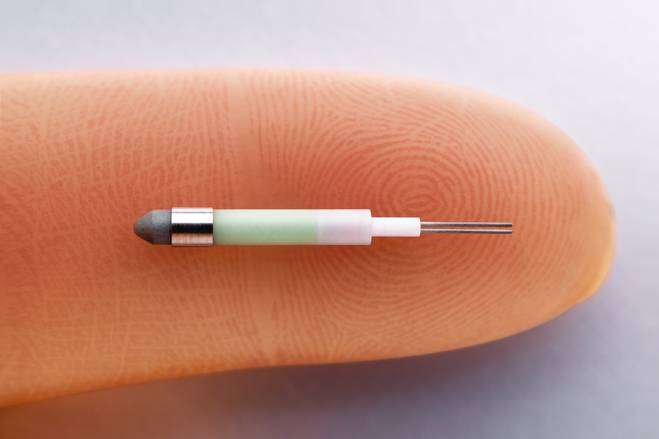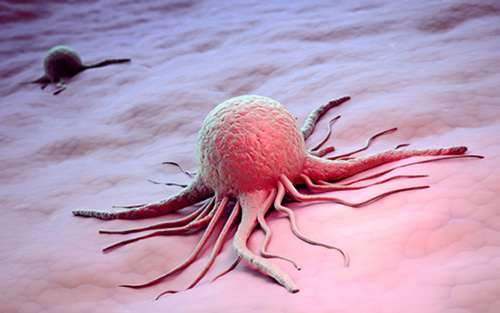Talking is the key to understanding

Talking is the key to understanding…
My AAD Conference

Now, the prognosis of melanoma is judged by its thickness. More than 4 millimeters, about half the width of your fingernail, means a 90% death rate in a few years.
Learning about Eczema

This is all quite counter-intuitive and puzzling. Generally, better living conditions make you more at risk of eczema?
A Sad Story

An Australian patient of mine, who married an American woman and settled close to the clinic, developed skin cancer two years ago on his left ear.
Thinking Outside the Box

Recently, he referred a patient in his early 60s. This patient had seen two dermatologists prior, in addition to his internal medicine physician, one who prescribed a corticosteroid and the other blew him off.
Mohs Surgery and the Lady…

While listening to her heart, I noted that the heartbeats were not steady. I asked her about this and she stated that her heart rate was normal and that she was not on any medication to regularize her heart rate…
A Patient Who Cried

One routine Monday morning, I came into Examination Room 5 to perform a full skin exam on Bob, the father of a young former patient I treated a decade ago for Morphea…
Selfies help

By the time I came in to see you, my rash disappeared!” Well, no longer…
The Patient Without the Earpiece

It was during a recent examination of this type that I encountered a young man who was to have a scalp cyst removed…
Never Wait

Recently, a 77-year-old gentleman (accompanied by his ex-wife) came into our clinic seeking treatment for a growth on his right ear…

